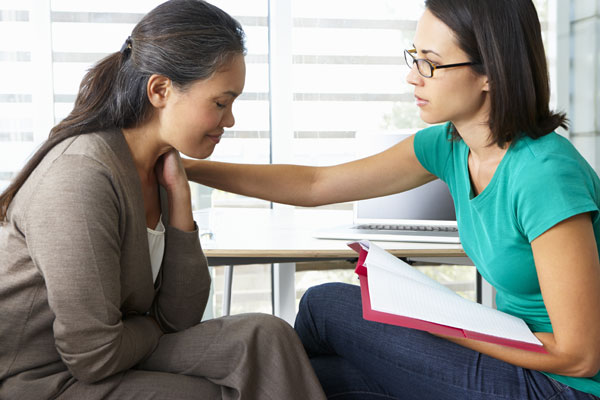Women and Drugs – Different Needs in Treatment
 Women and Drugs
Women and Drugs
Women and drugs can be a very lethal combination. But when women seek treatment, what really are their needs? Most addiction treatment facilities are coed, based on the notion that one addiction is pretty much like another and can basically be treated in much the same manner for everyone. But much of why someone becomes an addict is not only personal, but often gender specific. There are, in fact, biological differences. Men and drugs and women and drugs are very different things. There are also highly different social and environmental factors which not only affect the motivations for drug use, but also for seeking and being successful in treatment. Women who use drugs don’t become addicts for the same reasons as men, or under the same circumstances. Moreover, women have different needs in treatment than men do. And, frankly, both genders are better off in treatment centers where they can be more focused on their goals in treatment and more able to be open and frank in therapy groups – which often isn’t the case in coed groups.
Additionally, women tend to be more sensitive to the needs of others, more supportive and work far better in groups. Women tend to be more open with their feelings and can make faster progress among other supportive women.
It is true that addiction care, in the form of AA, started among men and only later became inclusive of women. And while the basics of AA are a great foundation for any program, women addicted to drugs have other needs and require a more holistic approach to be successful in attaining, and maintaining, sobriety and long term healing goals.
There are many life circumstances that predominate in women’s lives that aren’t a factor in a man’s. Research has shown, for example, that physical and sexual trauma, followed by post-traumatic stress disorder (PTSD) is much more common with women and drug abuse than it is in men seeking treatment.
Other factors that can have a greater effect on women in treatment are financial independence, pregnancy and child care, and self-image. Research has also shown that women are less likely to stay in treatment than men. In some cases this may be because the gender roles they experienced in life are being replicated in coed treatment programs or, in some cases, it may be the pull of family obligations and responsibilities, such as child care, that impacts a woman’s decision to leave treatment.
All of these are circumstances that contribute to the need for a holistic women’s treatment program such as we offer at Dee’s House. We began with the basics of AA’s 12 steps and built on that foundation, creating a program we call whole-hearted healing. We believe the mind, the body and the spirit all contribute to the wellbeing of any woman, and each of those three elements must be in balance with the others to achieve an optimal sense of purpose and joy in life.
If you are seeking treatment, or looking for a treatment option for a loved one, consider Dee’s House. Call us and let’s discuss how we can help. Many of the women who come to treatment here stay in treatment longer, maintain their sobriety and also stay involved with the women they went through treatment with. Dee’s House builds unique networks of support for those who truly want to find sobriety, healing, purpose and the joy of living.
To contact Dee’s House, call (714) 374-6873 today or visit www.deeshouse.com

